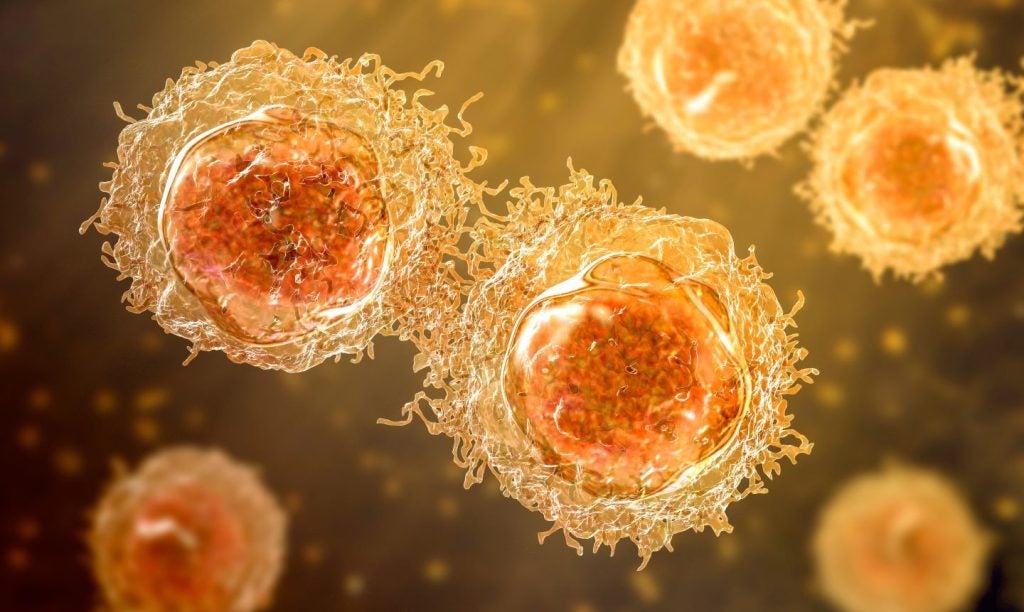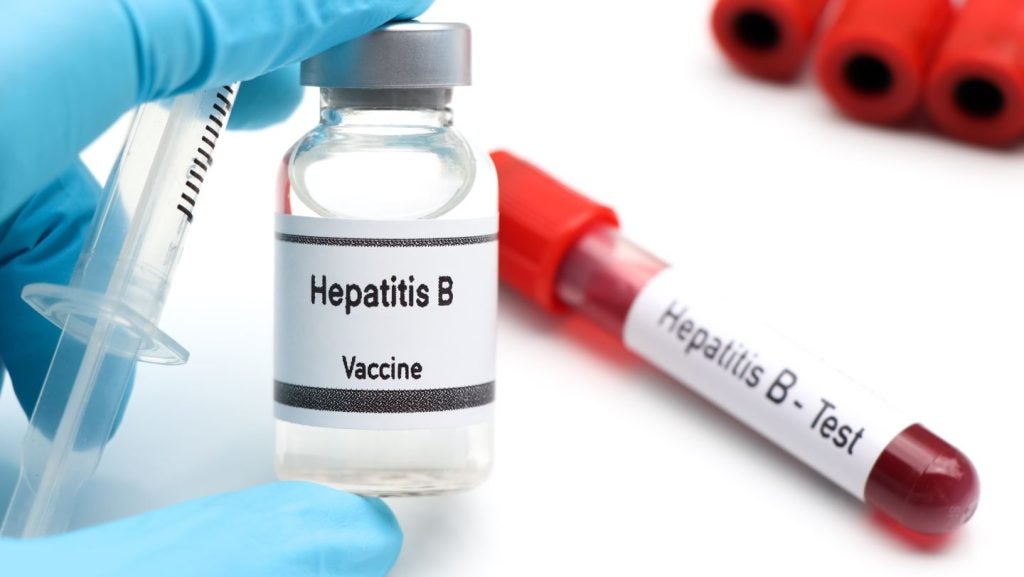Marker Therapeutics has reported positive interim results from an ongoing TACTOPS clinical trial evaluating Multi-Antigen Targeted (MultiTAA) T-cell therapy for the treatment of pancreatic adenocarcinoma.
The MultiTAA platform is a non-genetically modified cell therapy designed to specifically expand tumour-specific T-cells from a patient’s blood.
Marker noted that the MultiTAA platform can identify a variety of tumour antigens.
The three-arm TACTOPS trial is intended to assess the MultiTAA T-cell therapy in a total of 45 advanced or borderline resectable pancreatic adenocarcinoma patients.
Arm A of the study involves individuals with unresectable / metastatic disease responding to standard first-line chemotherapy, while Arm B is for progressive disease patients or those with therapy intolerance.
The exploratory Arm C is intended for patients with surgically resectable disease. To date, 19 participants have been treated with MultiTAA T-cell therapy infusions.
How well do you really know your competitors?
Access the most comprehensive Company Profiles on the market, powered by GlobalData. Save hours of research. Gain competitive edge.

Thank you!
Your download email will arrive shortly
Not ready to buy yet? Download a free sample
We are confident about the unique quality of our Company Profiles. However, we want you to make the most beneficial decision for your business, so we offer a free sample that you can download by submitting the below form
By GlobalDataOut of the nine evaluable Arm A patients, three patients achieved objective responses with MultiTAA therapy, while four subjects had stable disease, including two with reversal of tumour growth.
One patient in the arm experienced a mixed response and another had disease progression.
Out of the six evaluable participants in Arm B, three experienced stable disease or clinical disease stabilisation and three had clinical decline after treatment with MultiTAA cells.
Arm C, evaluating T-cell infiltration and expansion, demonstrated meaningful numbers and expansion of the infused MultiTAA cells.
Findings did not reveal any infusion-related systemic or neurotoxicity.
Marker Therapeutics president and CEO Peter Hoang said: “We are encouraged by the early clinical results we have seen in this clinical trial for patients who otherwise have few therapeutic options and a dire prognostic outcome, and we are optimistic about the prospect of potentially validating the use of MultiTAA therapy in the context of first-line and second-line care for patients with pancreatic adenocarcinoma.”






